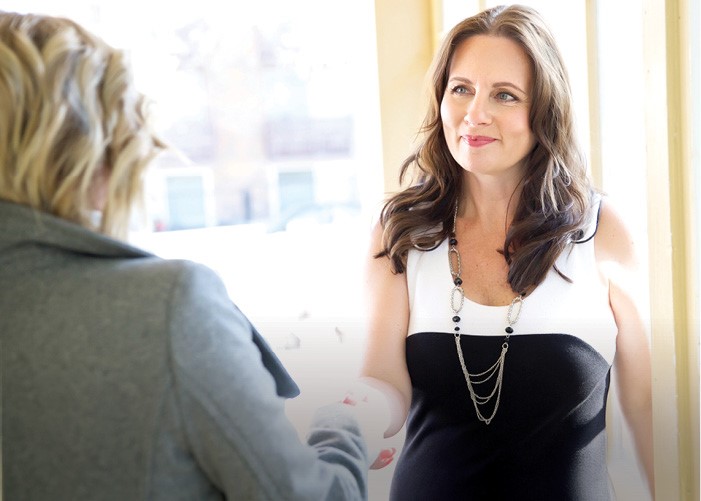Conducting Your First Interview? How to Recruit Like a Pro
New to recruiting or interviewing candidates? It can be stressful, given the stakes are usually high and the pressure’s on. But our top tips will help you gain confidence and recruit candidates like you’ve been doing it for years. Read on for how to nail your first interview as a recruiter.
Before the interview
A good recruiter knows the value of building relationships – especially with candidates. And that starts right after you’ve posted the ad and are fielding applications.
Warm, friendly communication sets the tone for the interview and for your interactions with the candidate – and can also help alleviate any nerves they may have about the process. Once you’ve locked in an interview time, send a clear email with all the info the candidate needs, including the name of the job they’re applying for, the date and time of the interview, a link they can click if it’s a remote interview (or the address where they’ll attend, and instructions on finding the building).
Don’t forget to include the names of the people the candidate will be meeting. If you need them to prepare anything for the interview, make that clear and also ask them to think about any questions they might wish to bring up on the day.
During the interview
If the interview is an in-person one, greet them in the lobby and bring them into the building and the meeting room where the interview is taking place. A little small talk such as asking how got there, or whether they found the building okay can help relax a nervous candidate. You should also ask if they’d like a tea, coffee or water, or to use the bathroom before the interview.
For remote interviews, log in a few minutes before your candidate and do a check that the tech is all working – so you’re not rushed when they log in to start the interview. A bit of small talk at the start before you launch into the interview itself is a great tactic to help relax everyone involved.
During the interview, remember to smile and maintain eye contact. And have the candidate’s CV printed so you can refer to it if you need to. You might like to get the candidate to ask you questions first, or wait til the end.
As a rule of thumb, you’ll want to talk about the following in the interview:
- A rundown of the company, and what you all do there
- Your role in the company or as the recruiter – if this is a first interview
- An overview of the role and why the company is hiring for it
- A typical day for the person in the role – tasks, deliverables, etc
- Working hours, any unusual requirements or skills, pay or salary range
There’s a school of thought that interviews reveal more about the candidate if you answer their questions about the role, rather than having scripted questions you ask them – making the interview more like a conversation. However, if you’re new to interviewing, it’s a good idea to have questions prepared – and the more interviews you do, the more you’ll learn and figure out the most effective ways to evaluate the best candidates for the roles you’re hiring for.
After the interview
Once the interview is done and dusted, it’s easy to forget about the last part of the process in the rush to create a short list and select the best candidate. However, following up with all candidates you’ve interviewed is essential – especially when you consider research like this, which found that more than half of Australian job-seekers waited a month after an interview to hear back about the role, and 30 percent reported waiting longer than 6 weeks. In the same study, the majority of candidates (93 percent) said they believed it was reasonable to wait a month to hear back, from their initial application to job offer, but only 9 percent felt it was acceptable to keep candidates waiting longer than 4 weeks.
A quick follow-up email or phone call – even if the candidate has not been successful this time – is part of that all-important relationship building. If you can give a candidate some feedback, that’s even better. Doing this may take you minutes, but it gives the candidate closure and protects your reputation in the industry. Because as a recruiter, it’s important that people take your calls – now and in the future!
Conclusion
Becoming a great communicator, building relationships with candidates (and clients) and always letting people know where they stand are key for any reputable recruiter – as is learning smart ways to run interviews that get results. We hope our tips help you when it comes to putting candidates through their paces!
Did you enjoy this post? Keep checking back on our blog for more great tips and advice – we update our news section every two weeks. And don’t forget to download our NYNC Toolkit (it’s free).
Read more
